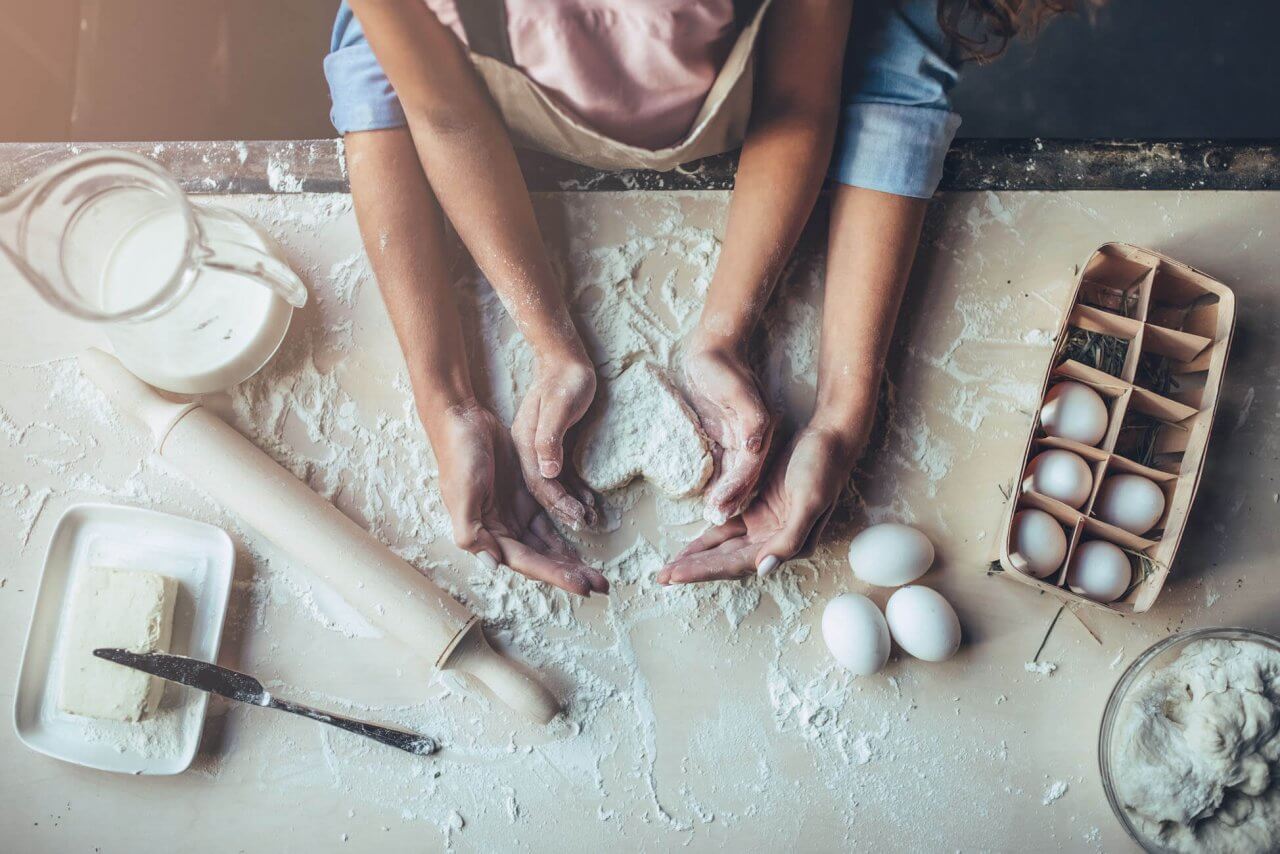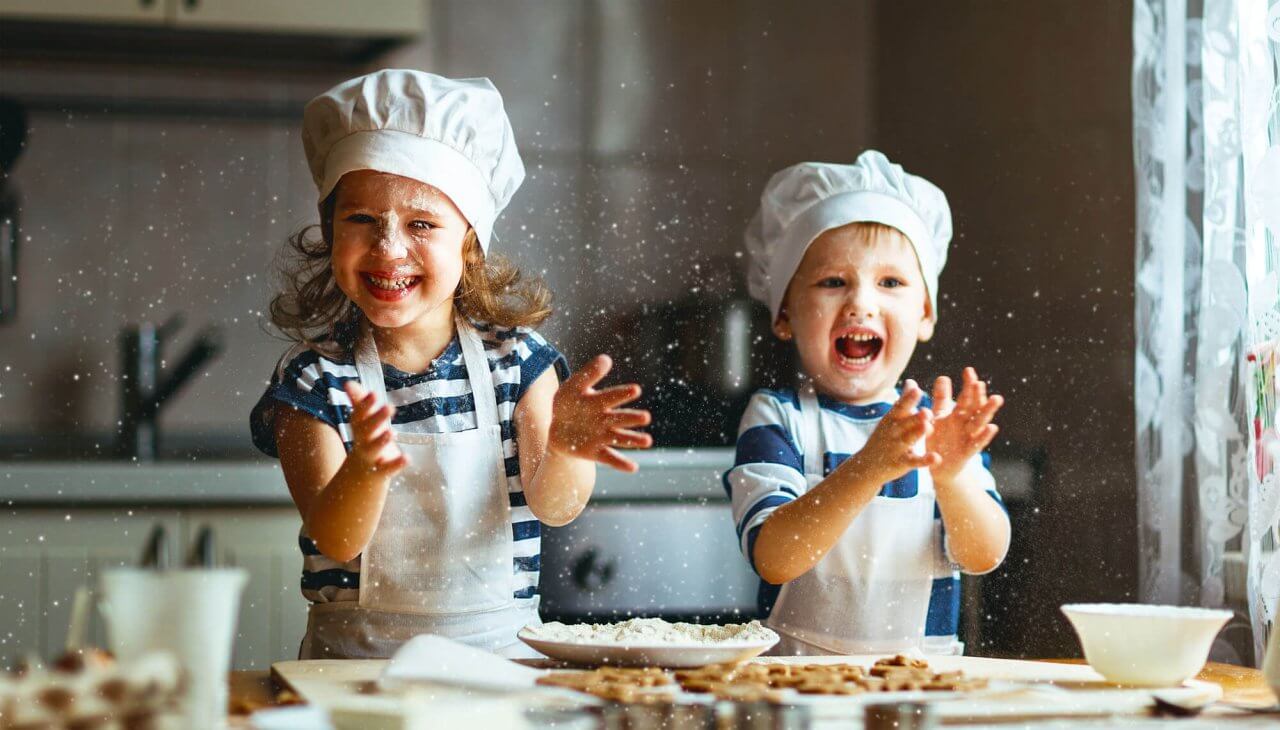There are lots of things we can do to teach children to be conscious of food waste.
Us adults are aware of the significance of food waste and do our best to avoid it. We try to consume consciously, avoid excessive waste and use leftovers. But what about our kids? To pass these behaviours down to future generations, we should set an example and perhaps, put a particular emphasis on it. There’s no doubt that we can have a greater influence if we try to make it fun instead of lecturing about it.
Leftovers
The first thing we can do to avoid food waste is to not leave any on our plate. But how can we teach this to our kids? The experts tell us that kids should decide how much they will eat, even when they are babies. This way, the baby will grow up to be someone who can listen to their own needs and understand the body’s signals of feeling hungry and full. If we decide for them, they lose their ability to read these signals over time. So, if we want our children to not leave food on their plate, we have to stop overfilling their plates. If they are little, we should only give them seconds after they have finished everything on their plate. As they grow up, we should let them dish up their own meals.
Of course, sometimes we don’t realise just how hungry we are ourselves. Expecting our children to force themselves to clean their plate or telling them they can’t leave the table until they have finished doesn’t help. It is better to teach them how to be responsible regarding leftovers. If they can’t finish it today, they will tomorrow. Placing the leftovers in a container and writing their name and an expiry date on it may help them to take responsibility and do something before it’s too late.



